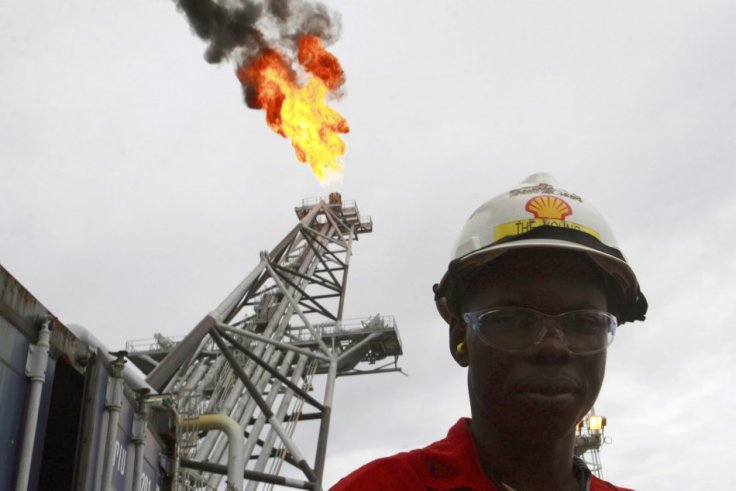Oil prices edged up on Friday, boosted by stronger than expected US economic data, although the longer-term outlook for energy markets remains weak due to a global oil supply glut and uncertainty over economic growth prospects in Asia.
Globally traded Brent crude oil futures were at $48.62 a barrel by 1.35pm GMT, up 45c from their last close. US West Texas Intermediate (WTI) futures were up 89c at $45.80 a barrel, having gained $1 earlier.
The gains accelerated after US government data showed the economy expanded at a annual pace of 3.9% in the second quarter, more than previously estimated, on stronger consumer spending and construction.
Oil prices rose more than 25% in late August after a slowing rig count and reduction in US crude stocks implied a tightening North American market and an easing of the global oil supply glut.
But Brent is still down 24% so far in the third quarter, putting it on track for the second largest quarterly drop since 2008.
Credit ratings agency Standard & Poor’s said marginal production costs in places such as the US were poised to fall due to improved drilling efficiencies, meaning production will not decline as steeply as expected.
“The decline in oil price assumptions represents the prospects of a more prolonged recovery,” S&P analyst Thomas Watters said.
“Despite 2015 capital spending cuts of 30%-40% by many US exploration and production companies, and prices that are lower than many producers’ all-in drilling and production costs, there has not been a significant decline in oil production.”
S&P cut its Brent and WTI forecasts by $5, to $50 a barrel and $45 a barrel respectively, for this year and said it saw 2016 prices at $55 for Brent and $50 for WTI.
HSBC said markets had focused too much on China’s slowdown, warning that many developed economies were faltering as well.
“It turns out that developed market imports haven’t been anywhere near as robust as relatively upbeat local demand data would suggest…. For all their recent swagger, developed markets are hardly firing on all cylinders. So, don’t just blame China,” the bank said on Friday.


